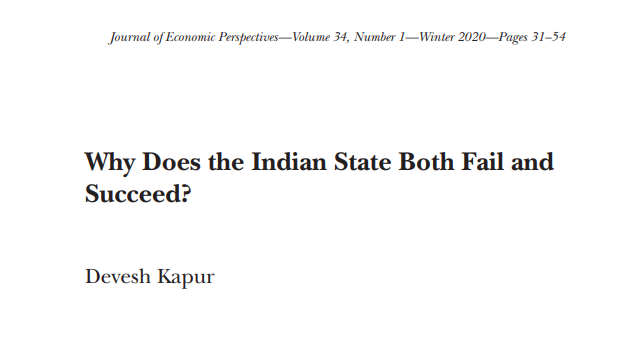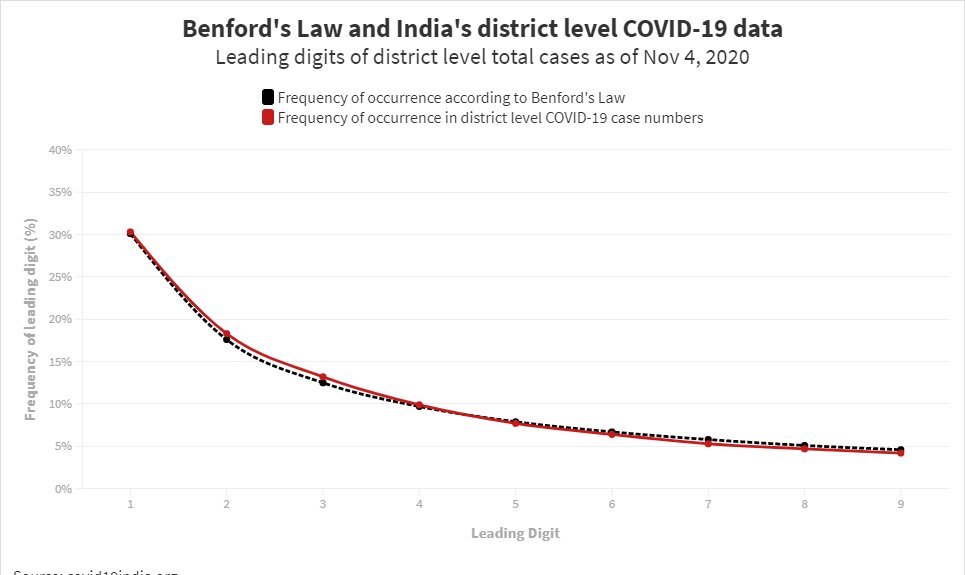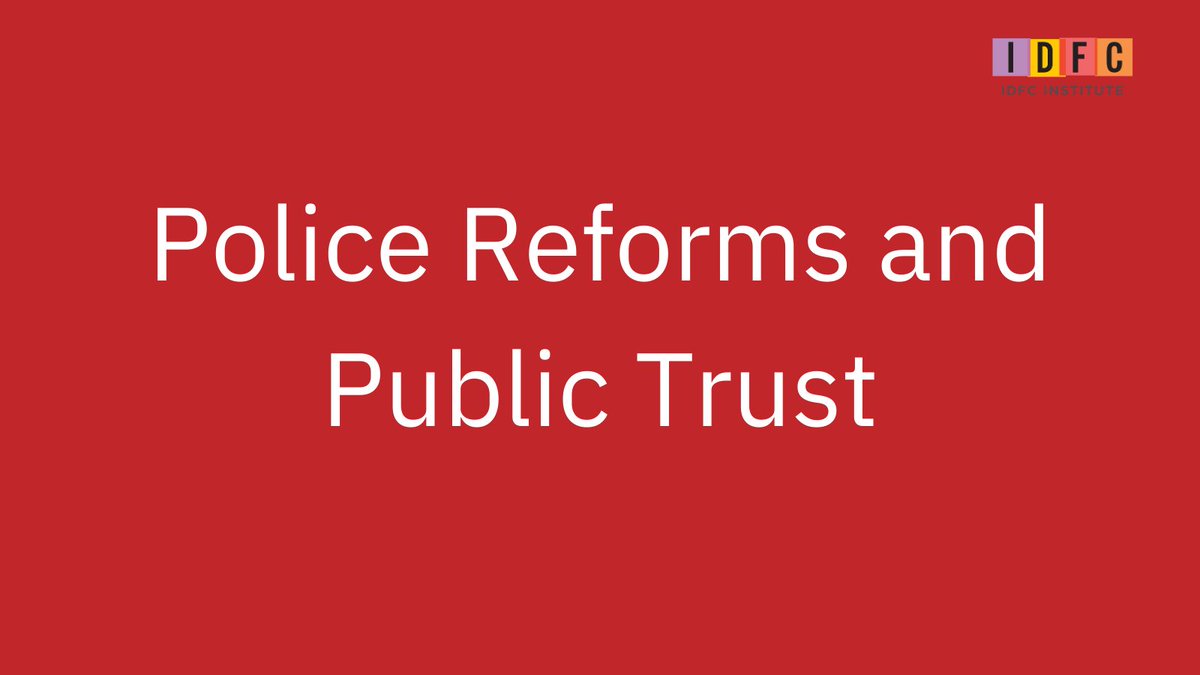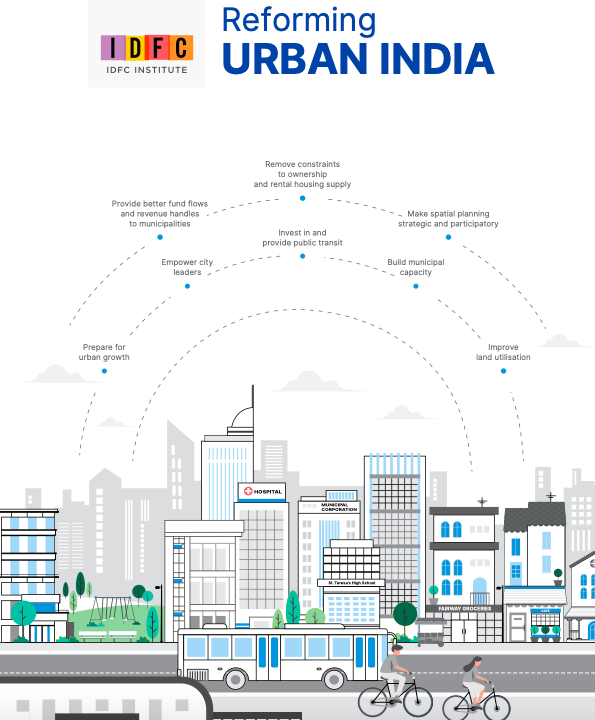
Artha Global is a policy organisation that supports governments to design, implement and institutionalise policy frameworks that promote prosperity
How to get URL link on X (Twitter) App







https://twitter.com/davidmarcus/status/1348351094687113217WhatsApp has over 400 million monthly active users in India (one-fifth of their global user base) and handles over 1 billion messages a day globally tcrn.ch/2XKWiib




 Also check out our earlier thread explaining Benford's law and why it matters here:
Also check out our earlier thread explaining Benford's law and why it matters here: https://twitter.com/IDFCinstitute/status/1326863995337273345

 The 1st round of the serosurvey (July) found a seroprevalence of 54% in slums and 16% in non-slum areas and the 2nd round (Aug) found 44% in slums and 17% in non-slums. Read @muradbanaji’s analysis for more (2/5)
The 1st round of the serosurvey (July) found a seroprevalence of 54% in slums and 16% in non-slum areas and the 2nd round (Aug) found 44% in slums and 17% in non-slums. Read @muradbanaji’s analysis for more (2/5) 
 The results from our survey on 'Safety Trends And Reporting of Crime' revealed underreporting."This could be because victims themselves refrained from approaching the police [..] or the police did not register the case for various reasons", explain @AvantiDurani & @_NehaSinha.
The results from our survey on 'Safety Trends And Reporting of Crime' revealed underreporting."This could be because victims themselves refrained from approaching the police [..] or the police did not register the case for various reasons", explain @AvantiDurani & @_NehaSinha.

https://twitter.com/_NehaSinha/status/1306060227347914753
 Our 2017 SATARC survey revealed that 75% to 91% of the people across the four surveyed metropolises—Mumbai, Bengaluru, Chennai and Delhi believed that the police can be relied upon when needed. (2/n)
Our 2017 SATARC survey revealed that 75% to 91% of the people across the four surveyed metropolises—Mumbai, Bengaluru, Chennai and Delhi believed that the police can be relied upon when needed. (2/n)

 Former Mumbai Police Commissioner—Mr. D Sivanandhan argued that the #IndianPolice are not unfriendly towards citizens. Through pandemics, earthquakes, floods and tragedies the police have always been the first responders to a crisis. (2/n)
Former Mumbai Police Commissioner—Mr. D Sivanandhan argued that the #IndianPolice are not unfriendly towards citizens. Through pandemics, earthquakes, floods and tragedies the police have always been the first responders to a crisis. (2/n)

 Considering the #taiwanmodel and #keralamodel, the panel discussed how previous experience with outbreaks made a huge difference to the ways in which governments responded to the #pandemic. ( 2/n)
Considering the #taiwanmodel and #keralamodel, the panel discussed how previous experience with outbreaks made a huge difference to the ways in which governments responded to the #pandemic. ( 2/n)

